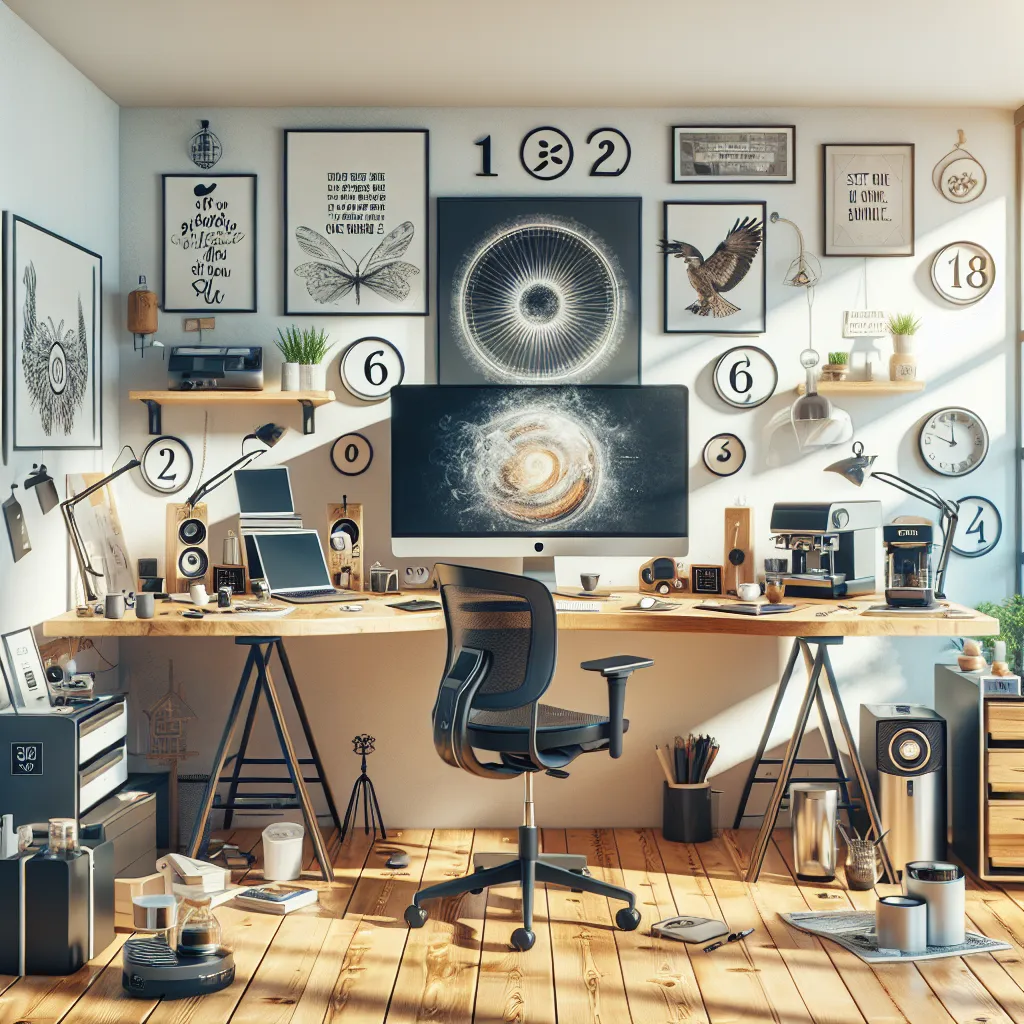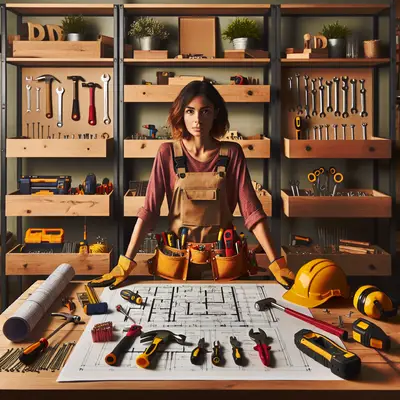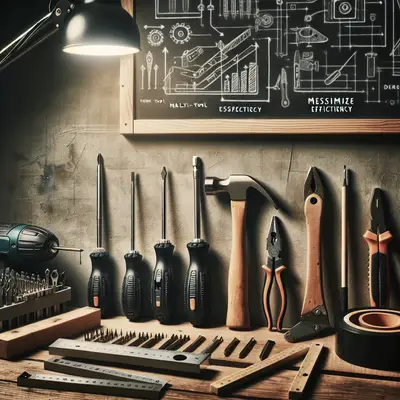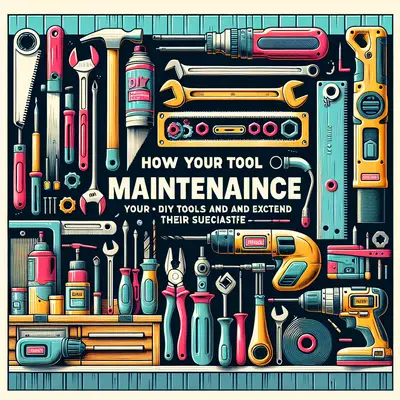In an era where remote work is becoming more prevalent and necessary, having a well-equipped home office is a must. With the right tools and equipment, you can enhance your productivity, improve your comfort, and make your work-from-home experience more enjoyable. Here's a guide to help you build your own high-tech DIY home office in five simple steps.
Step 1: Choose the Right Location
The first step in creating your high-tech home office is choosing the right location. This should be a space that is quiet, well-lit, and has access to a power source for your technical equipment. The space should be comfortable, spacious enough to house your office equipment, and away from common household distractions.
Step 2: Invest in a Comfortable Chair and Desk
No high-tech home office is complete without a comfortable chair and a functional desk. Invest in an ergonomically designed chair that supports your back and promotes good posture. Your desk should be spacious enough to accommodate your computer, keyboard, mouse, and other office essentials. Consider a height-adjustable desk for flexibility.
Step 3: Equip Your Office with High-Tech Gadgets
Equip your office with necessary high-tech gadgets for optimal productivity. This may include a high-quality monitor for better visual clarity, a wireless keyboard and mouse for convenience, a high-speed internet router for seamless connectivity, and noise-cancelling headphones for focus. Don't forget to invest in a good quality webcam and microphone for virtual meetings.
Step 4: Install Adequate Lighting
Proper lighting is crucial for preventing eye strain and maintaining focus. Install a good desk lamp with adjustable brightness settings. Consider smart lights that you can control with your phone or smart speaker for added convenience. Natural light is also beneficial, so if possible, set up your workspace near a window.
Step 5: Organize Your Space
Lastly, keep your workspace clean and organized. Use cable management solutions to avoid clutter. Invest in storage solutions like drawers, shelves, or filing cabinets to keep your documents and supplies neatly arranged. You could also consider a whiteboard or corkboard to keep track of tasks and deadlines.
Conclusion
Setting up a high-tech DIY home office does not have to be complicated or expensive. With careful planning and smart choices, you can create a workspace that is comfortable, functional, and conducive to productivity. Remember, the key is to create a space that suits your work style and preferences. Happy DIY-ing!



